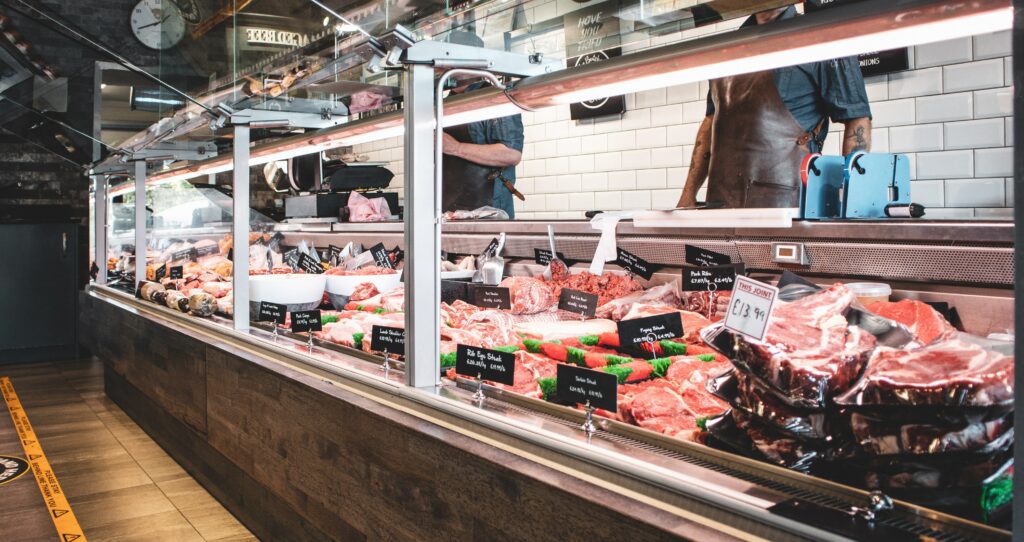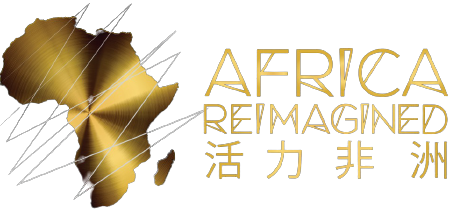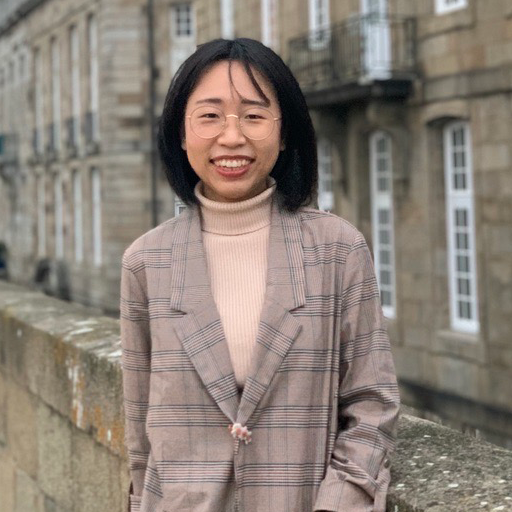
At the recent BRICS summit held in South Africa, two important trade deals were agreed between the presidents of South Africa and China. Firstly, an agreement to allow South African avocados to enter the Chinese market, and secondly, the resumption of South Africa’s beef exports to China.
China is the world’s largest beef importer, and South Africa has been exporting a decent supply of frozen, deboned beef since September 2017. In 2018, China became the largest destination for South African beef, and in 2019, South Africa became China’s sixth biggest beef import source behind South American countries and Australia. Unfortunately, however, South Africa’s high-ranking position was dislodged by two outbreaks of foot-and-mouth disease in February 2019 and then again in April 2022.
Namibia was also granted permission to export its beef to China in 2019, but has only exported minimal volumes, peaking in value at US$ 11 million in 2019 and steadily declining to $US 5 million in 2022. Botswana has also entered talks to export its beef to China but has not yet been granted permission.
The resumption of South Africa’s beef exports to China will certainly give South Africa’s exports a boost and support their diversification. This is because China accounts for 9.4% of South Africa’s total exports, but they are still dominated by two categories – mineral products and iron and steel, which are both unprocessed, lower value exports. This has contributed to a significant trade surplus in favour of China worth US$ 9 billion.
However, the value of South Africa’s beef exports to China were still fairly limited compared to China’s biggest beef import source – Brazil and another top competitor, Australia. In 2019, South Africa’s beef exports to China were worth just under US$ 22 million in comparison to Brazil’s US$ 2.093 billion and Australia’s US$ 1.767 billion.
But why?
Apart from being the biggest and cheapest global beef exporter globally, a key reason why Brazil has consistently been China’s biggest beef import source is because of its dedication to the eradication and prevention of foot-and-mouth disease in its livestock. Brazil’s last outbreak was in 2004 and in 2018, the World Organization for Animal Health (OIE) declared Brazil free from the illness due to the vaccination of animals, border surveillance, and the creation of a countrywide laboratory network.
Australia’s advantage, in addition to never having had a major foot-and-mouth disease outbreak, comes through extensive market research. Australia has an extremely active and well-funded beef export industry. Meat & Livestock Australia (MLA), an independent company which regulates standards for meat and livestock management in Australian and international markets, has produced a 10-year strategy focusing on producers, customers, livestock, environment, markets and systems for Australia meat and livestock industry. Through research, the MLA has discovered that 75% of all Chinese consumers place an order of priority on food safety, the food’s ability to boost the body’s immune system, quality and the country of origin.
The MLA uses a range of techniques – such as rearing health grain-fed cows, eliminates the use of antibiotics or hormones, produces marbled, wagyu beef that is one of the most expensive meats in the world and flies the majority of its beef to China to retain freshness – to match these preferences in its beef production. This has given Australia’s beef a competitive edge.
South Africa also has a similar agency, the South African Meat Industry Company (SAMIC), a quality insurance company that works to ensure quality and safe meat production in South Africa. However, it is less well funded than the MLA, meaning a higher likelihood of disease outbreaks and little Chinese consumer market research conducted.
Hence, in China, South Africa’s beef is still considered relatively low quality and is primarily sold to the foodservice sector rather than served proudly in Chinese restaurants. Turning this perception around must be a priority, including through stronger disease protection efforts and better marketing in China- including targeting standards that match Chinese consumer tastes, for example prioritising rounding off cattle for 120 days.
These lessons may also be applicable to South Africa’s neighbours — Namibia and Botswana. Rather than being competitors, these three countries could work together to increase their production capacity to meet China’s demand for beef and better compete with bigger beef exporters, such as Brazil and Australia.
The good news is that South Africa has proved historically that it is capable of becoming a major beef supplier to the Chinese market and is more likely to achieve this now that Chinese and African leaders are pushing more than ever to boost Africa’s agricultural exports to China. Africa’s agricultural exports to China increased from US$ 4.5 billion in 2012 to almost US$ 8 billion in 2022 amidst support mechanisms, such as appointing Chinese plant health certification experts to work with several African countries on accelerating the alignment of trade standards for African agricultural goods entering China. Chinese companies, such as Greenchain, have been developing new practical supply chains of agricultural goods from Africa to China, for instance Kenyan avocados, to increase production and ease the import process to China and on to buyers.
On the sidelines of the BRICS, President Xi Jinping proclaimed China-South Africa relations to be entering a ‘golden-era’. No doubt this will happen. However, until there is consistent improvement to South Africa’s disease prevention methods and beef production standards that put proudly-from-South Africa-beef on the plates of Chinese consumers, the new market access rules may make little difference during this new era.













